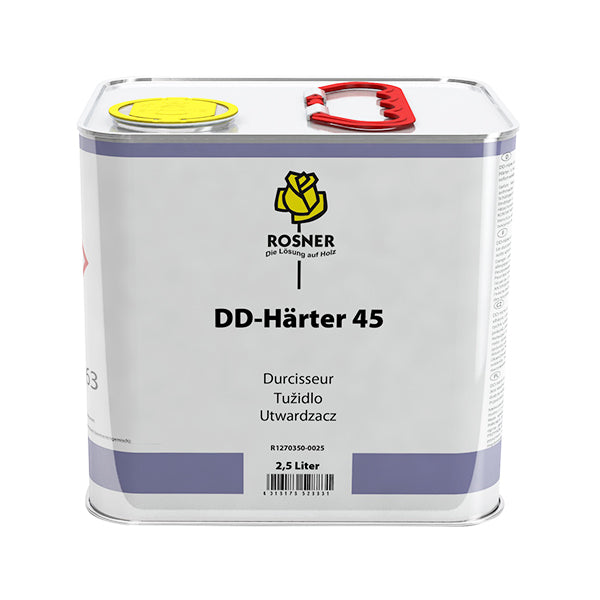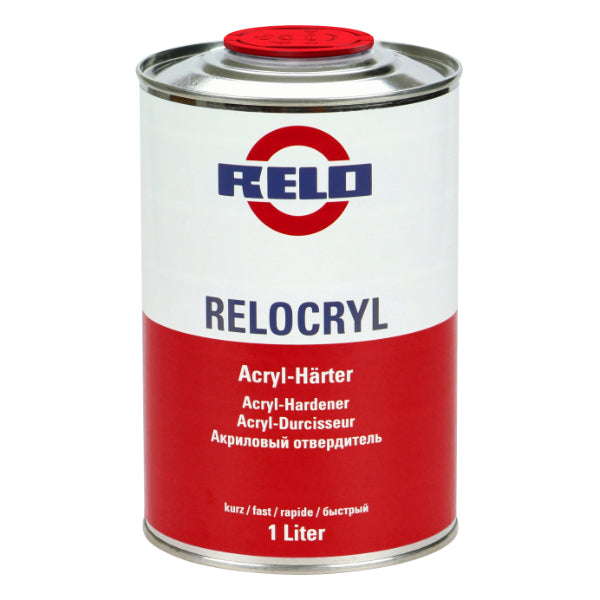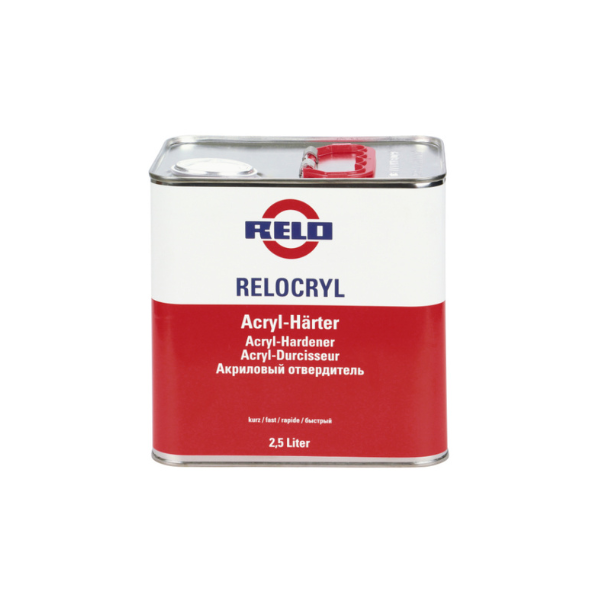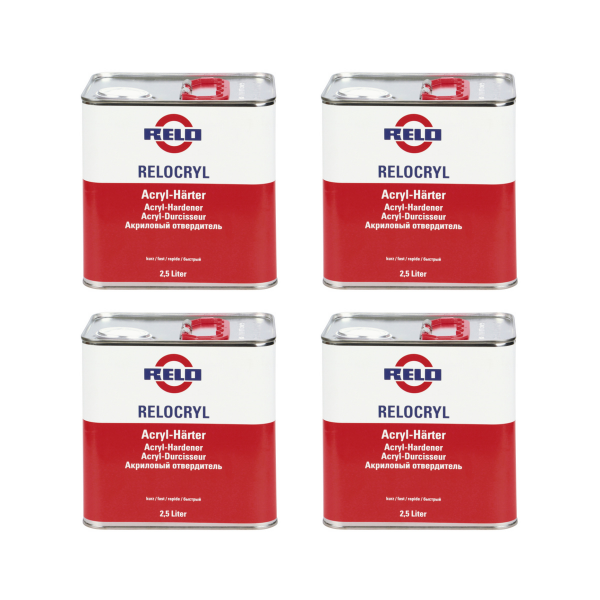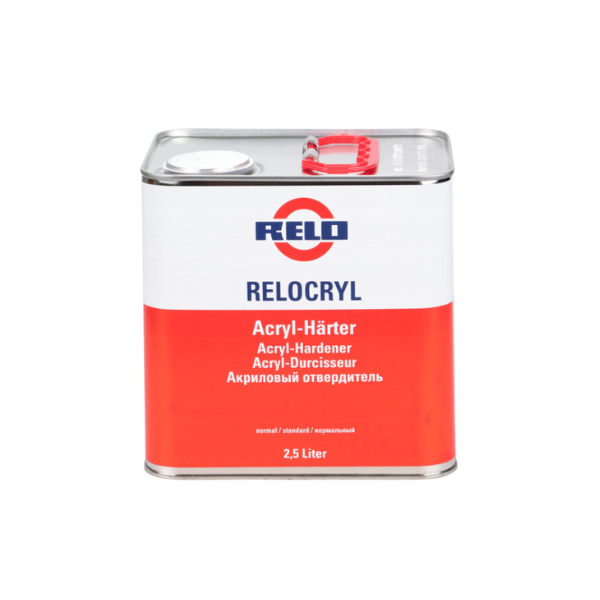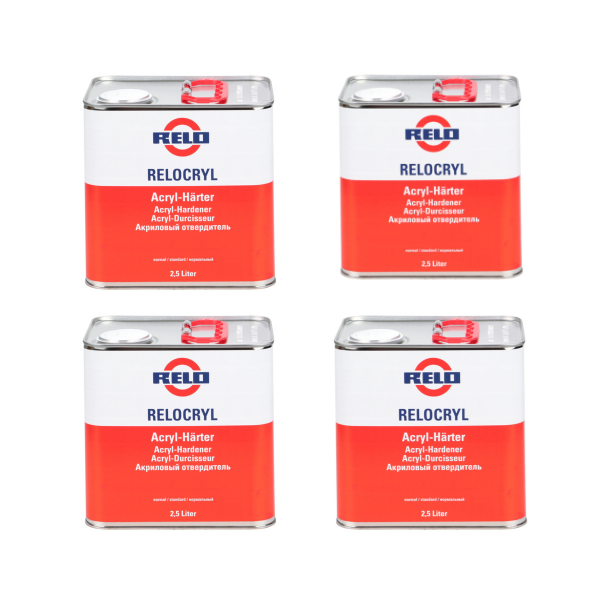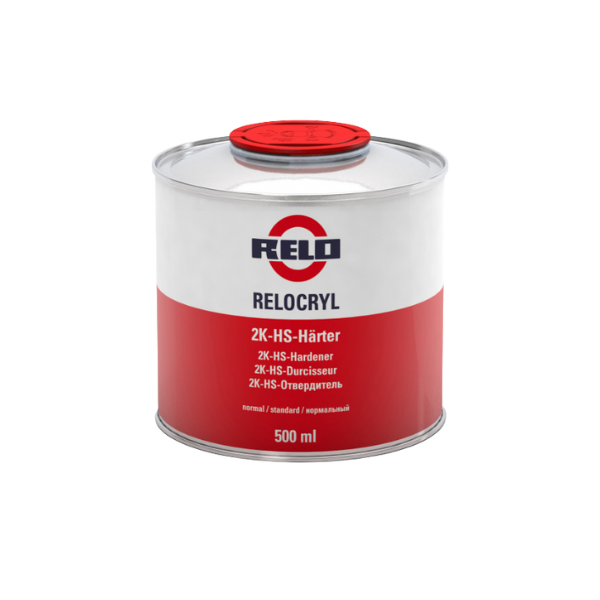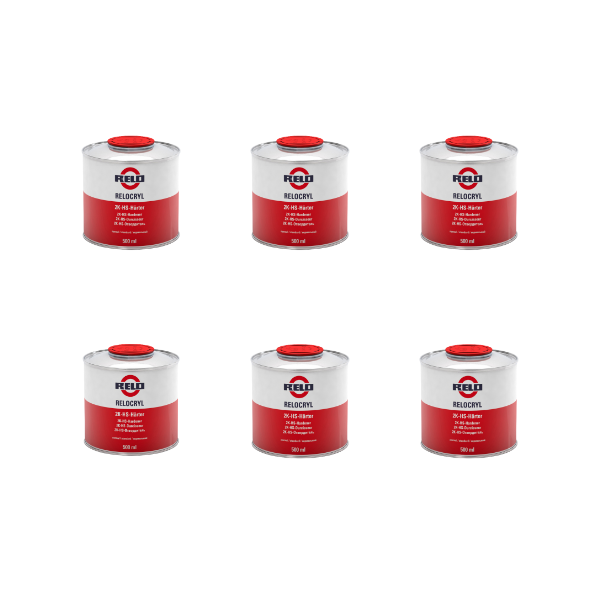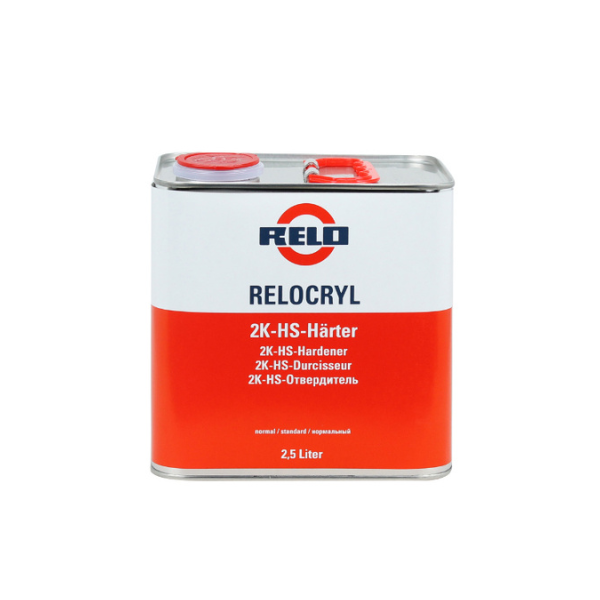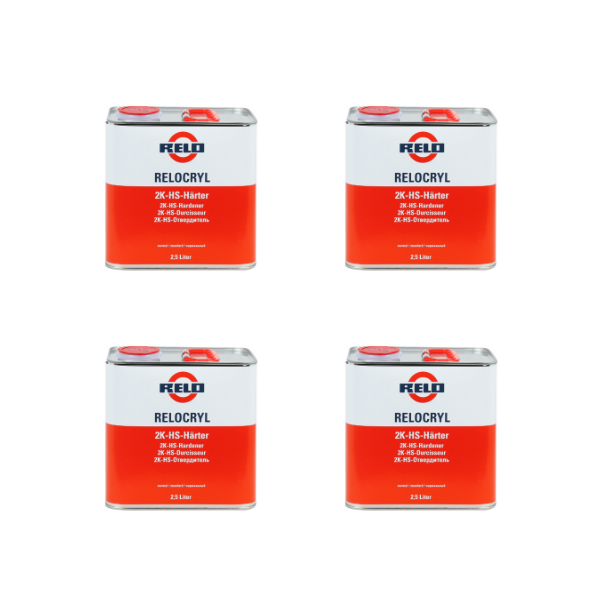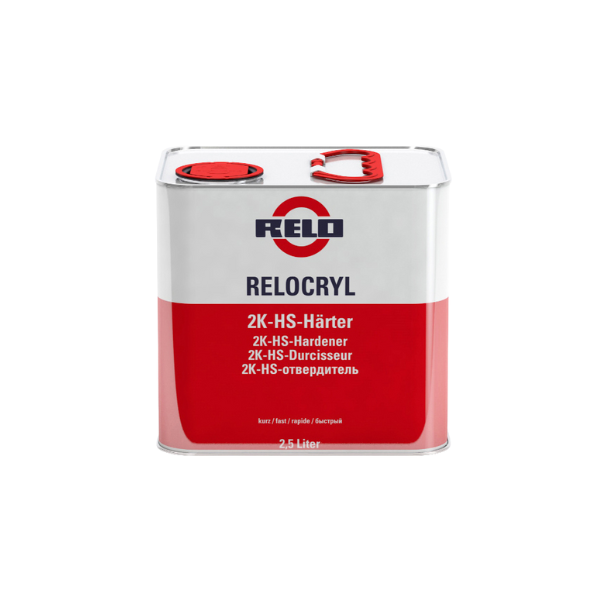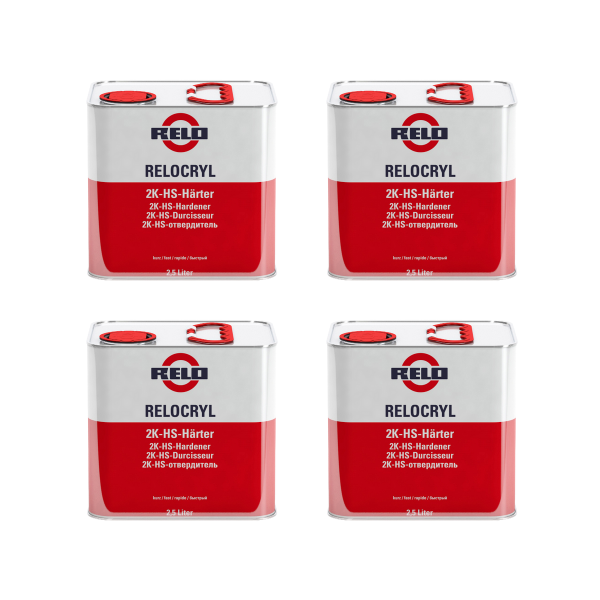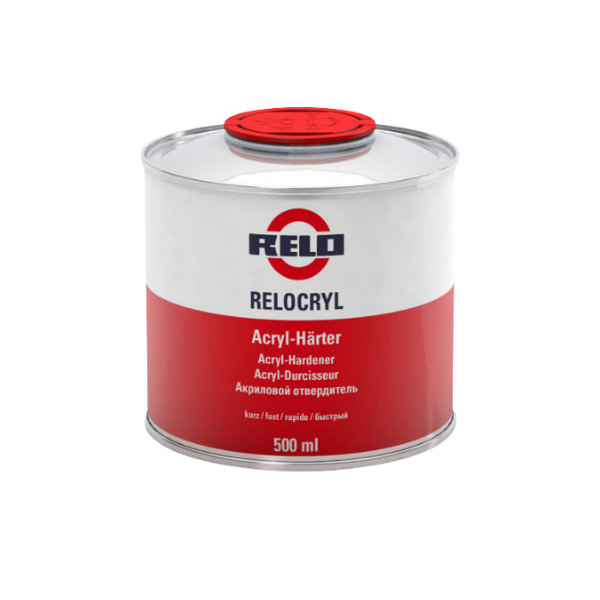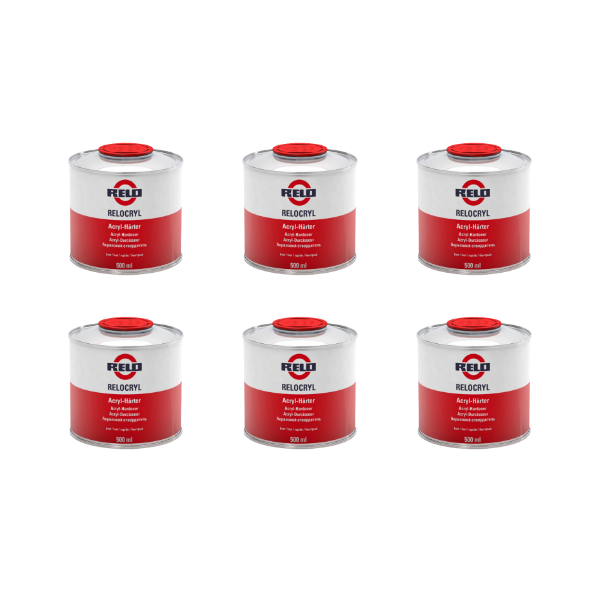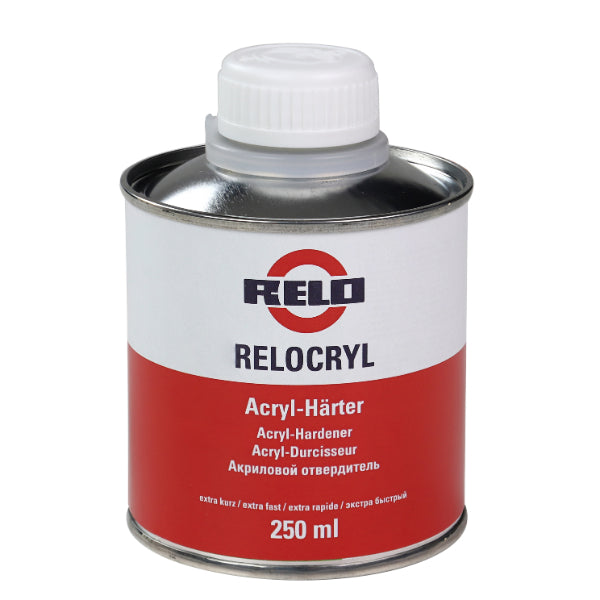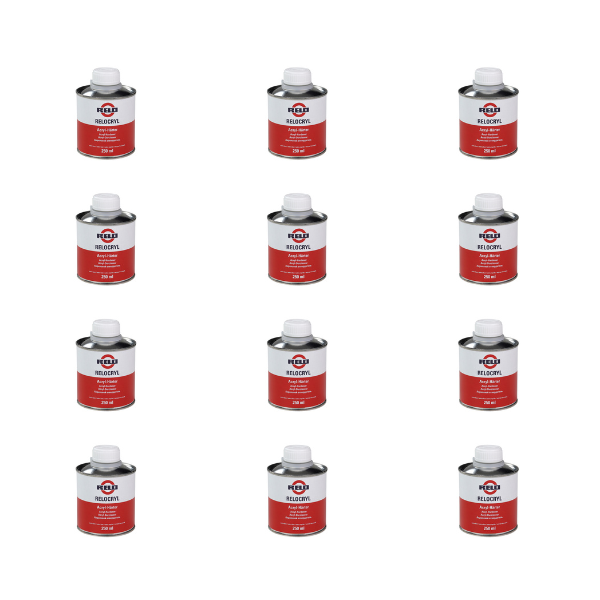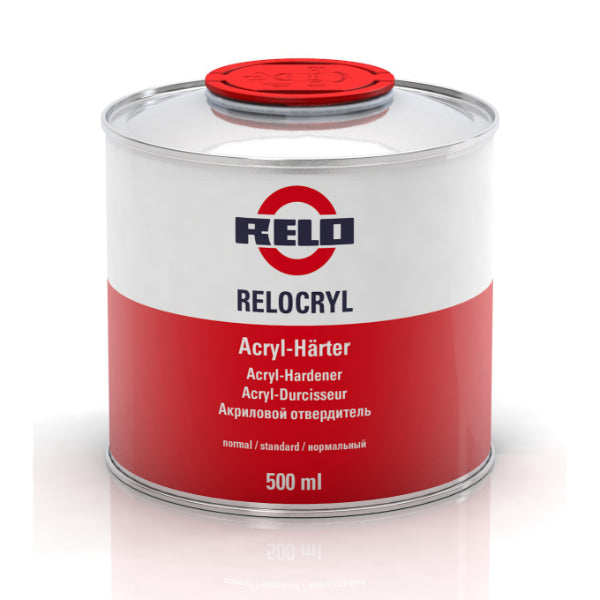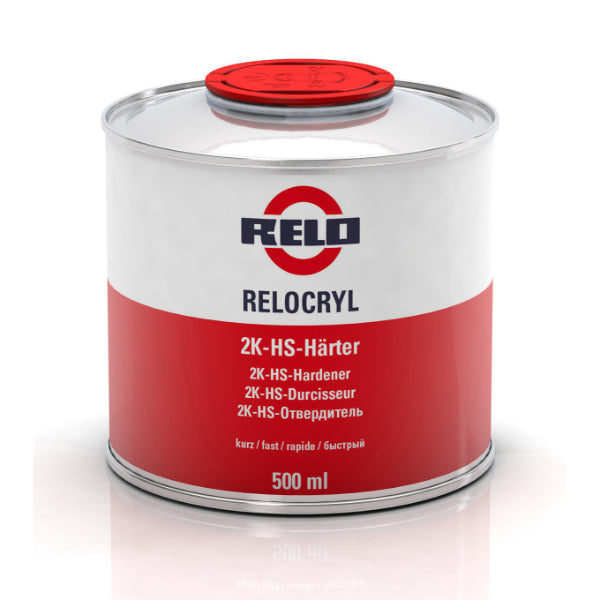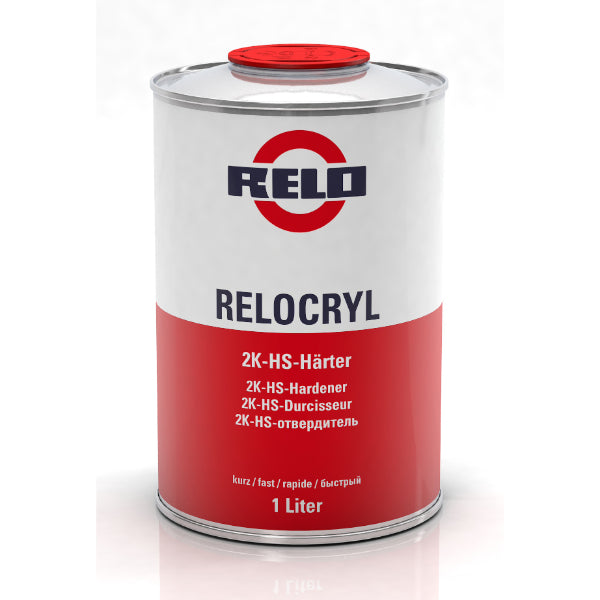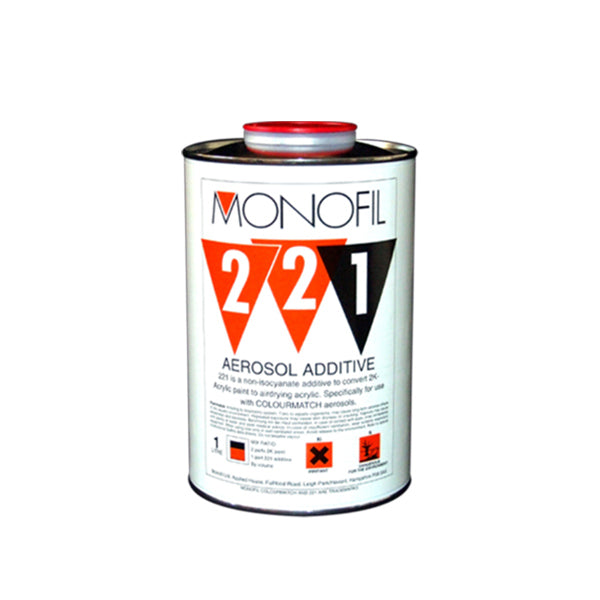For a finish that offers superior strength, chemical resistance, and a professional-grade gloss, a two-component (2K) paint system is the industry standard. The secret to unlocking this performance lies in the paint hardener. At Nebula Paints, we offer high-quality coating systems, providing the essential hardener for Paint that professionals and DIYers rely on for a flawless and incredibly durable cure.
Achieve Maximum Durability with the Right Paint Hardener
Also known as an activator or catalyst, a paint hardener initiates a crucial chemical reaction within the paint. This process, called cross-linking, transforms the liquid paint into a tough, resilient film that single-pack paints simply cannot match. This chemical cure provides exceptional resistance to weathering, abrasion, and chemicals, making it the perfect choice for demanding applications in the Automotive, Industrial, and marine sectors. Without the correct hardener for paint, a 2K paint will not cure, leaving you with a finish that remains soft and unusable.
Choosing the Correct Hardener for Paint
Selecting the right paint hardener is critical, as they are not universally compatible. Each hardener is specifically formulated to work with a particular paint or Clear Coat system. Mixing incompatible products can lead to a range of paint defects, including improper curing, loss of gloss, or reduced durability.
Furthermore, hardeners are available in different speeds to suit various working temperatures and project sizes. Choosing the correct speed is essential for achieving a smooth, even finish.
-
Fast Hardeners:
These are formulated for use in cooler temperatures or for smaller repairs. The faster activation speeds up the curing process, reducing the time dust or debris has to settle into the wet paint.
-
Standard Hardeners:
This is the go-to choice for most applications in a typical workshop environment with a temperature of around 20°C. It provides a balanced working time and cure speed for a wide range of jobs.
-
Slow Hardeners:
When working in high temperatures or painting very large areas, such as a full vehicle respray, a slow hardener for paint is essential. It extends the 'wet edge' time, giving you longer to apply the paint smoothly without it drying too quickly, which helps to prevent dry spray and ensures a perfect, uniform gloss.
At Nebula Paints, we supply a comprehensive range of hardeners from top brands to match our extensive selection of 2K paints and clearcoats. Always ensure you follow the manufacturer's technical datasheet for the correct mixing ratios to guarantee a perfect, long-lasting result.
Browse our collection today to find the precise paint hardener you need for your next project.


